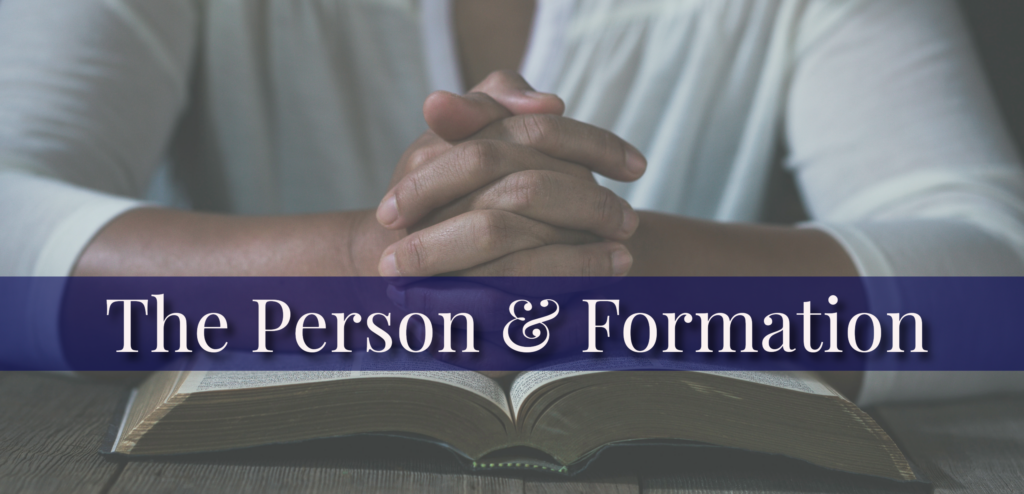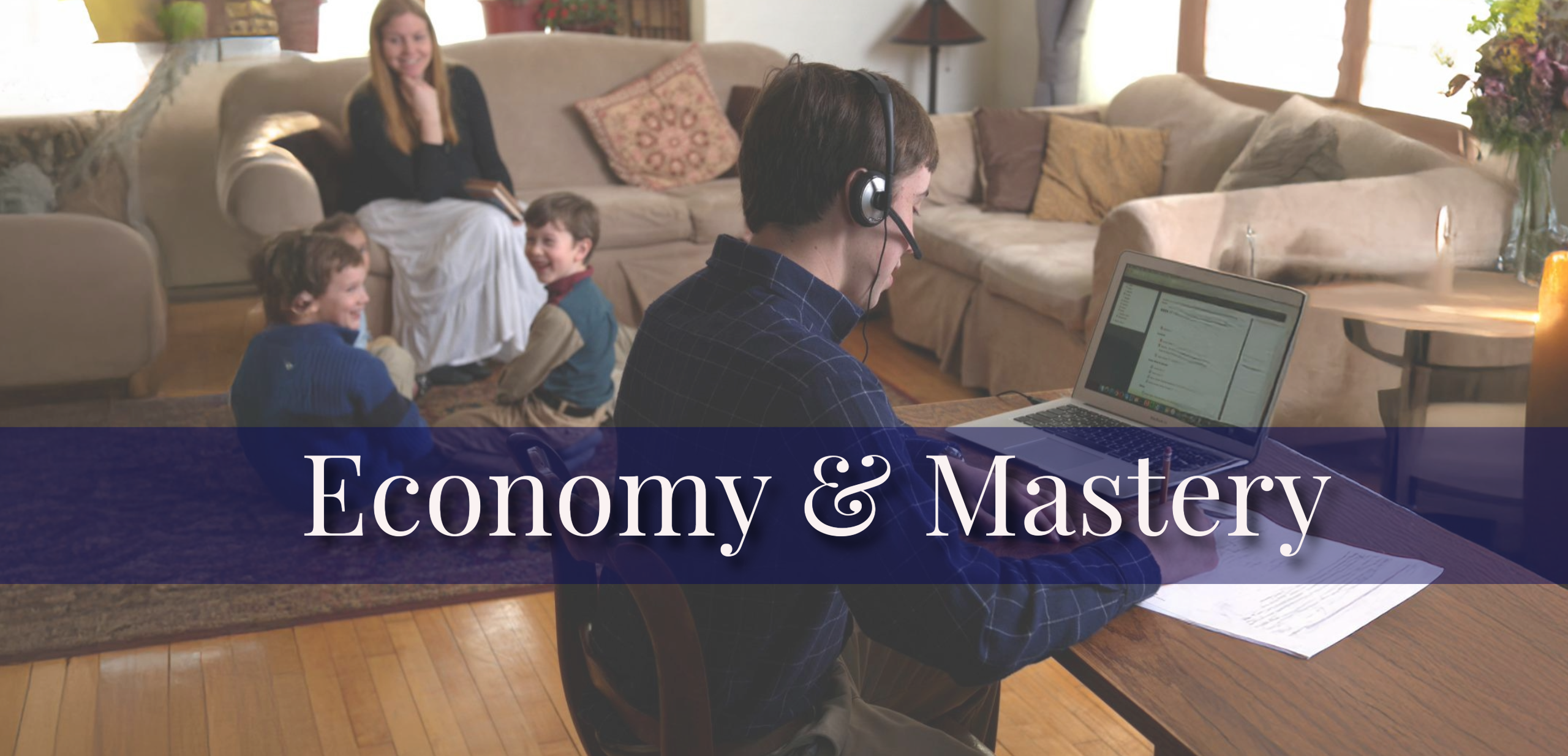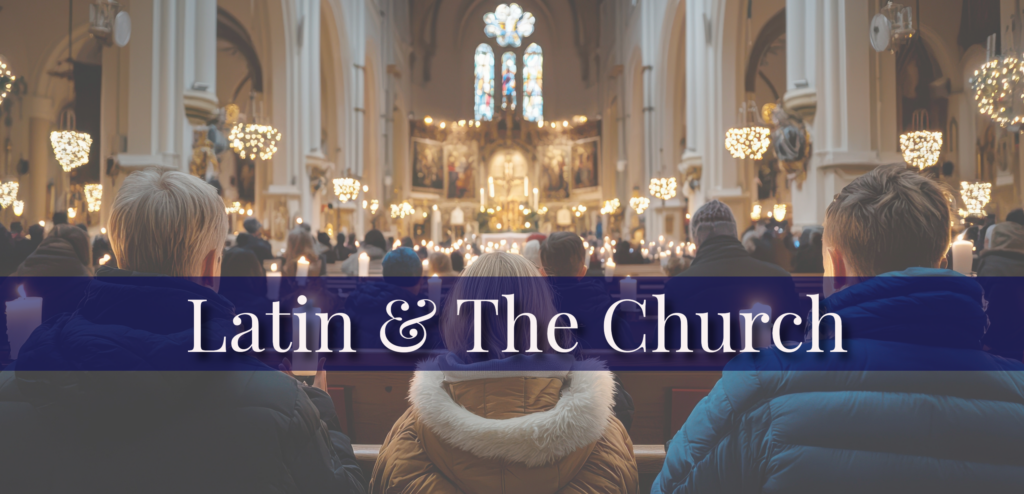
The Oxrose approach to academics is built on these ideas.
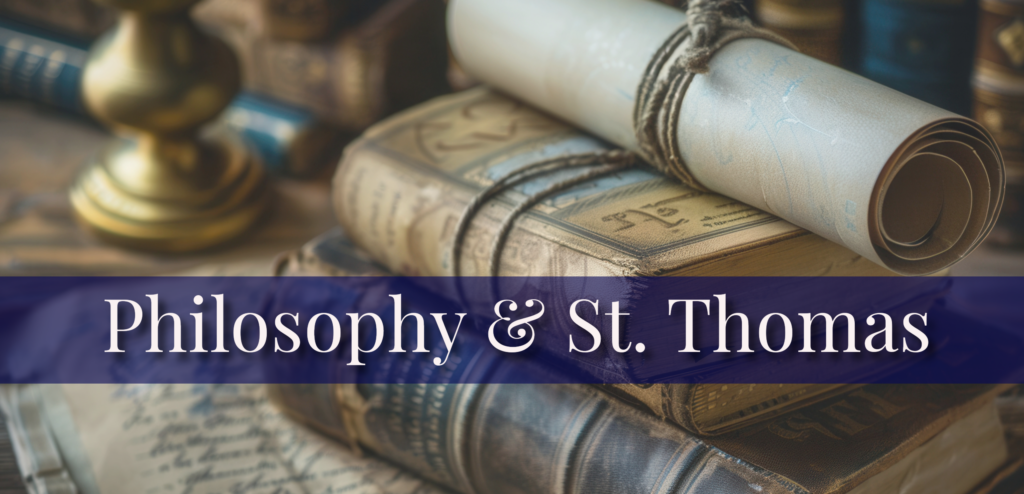
Learn More . . .
. . . about our philosophy
. . . about how online schooling works
. . . about the Scope & Sequence by grade.
. . . about Courses by Subject. See below.
Courses by Subject
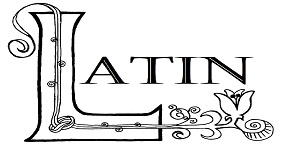
Students learn the Latin language and advanced grammar skills, studying the parts and pieces of Latin language, which is the first leg of the mediaeval trivium. Latin also opens up the student to the living language of the Church and Her vast library of contributing authors. Prayers and hymns abound.
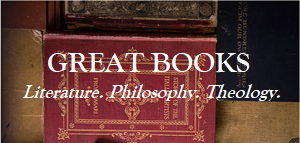
Students read primary works from Catholic & Western Civilization and discuss them in a round-table format, thus joining in the "Great Conversation." Students learn to read, listen, speak, relish, and explore the true, good, and beautiful things that our tradition has to offer. Readings include literature, theology, and philosophy.
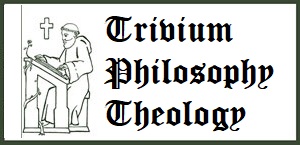
In Logic, the art of reasoning. In Rhetoric, the art of communicating. In Nature, Man, & Science, the divisions of the sciences and the nature of man defined. In Natural Theology & Law, metaphysics, God's existence and attributes. The ascent to the heights of reason. In Revealed Theology nature is crowned by revelation, reason by faith.
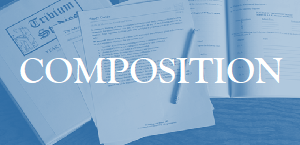
Writing through imitation, peer assessment, and multiple drafts of a variety of composition types. Topics integrate with Great Books courses.
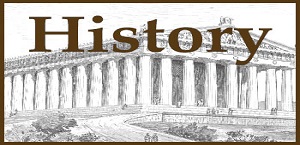
The narrative tale of the past provides context for grasping ideas and moral guidance for future choices. History readings integrate with the Great Books sequence.
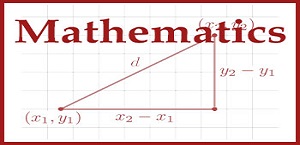
Quantitative Science provides the gateway into theology and the key to reading the codes of the book of nature.
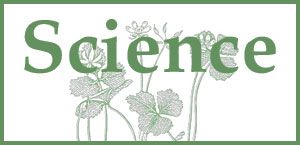
We focus on the wonder of nature, disciplined scientific method, and operate from an Aristotelian-Thomistic realist philosophical perspective.
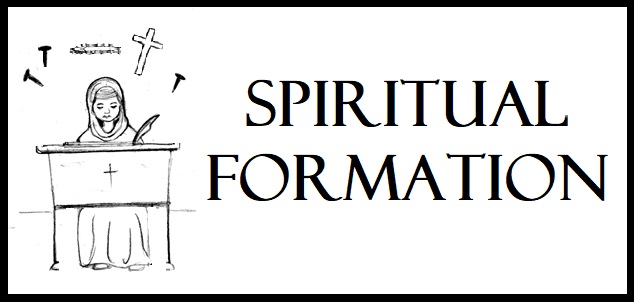
Apprenticeship, prayer, and discipleship. The focus is upon assimilating truth into daily life, growth in virtue and holiness, and a closer encounter with Christ.
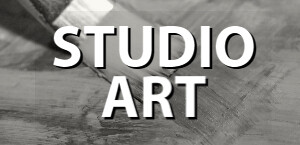
Learning to see the order of things and produce, through the mastery of technique, beauteous things.

The base of Latin is supplemented with courses available in German and French.
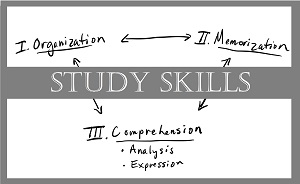
How to courses in basic learning skills, typing, test taking, note taking, and other essential student tasks.

